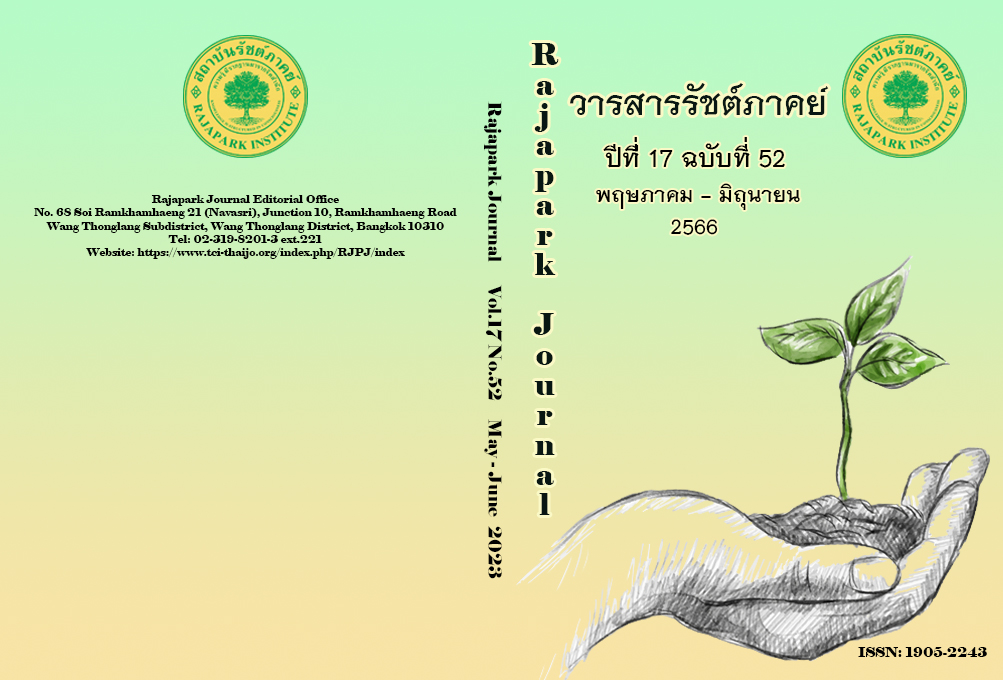Jurisdiction Problems in Private International Law : Online Copyright Infringement
Main Article Content
Abstract
The research objectives are (1) to study concepts, theories, and principles regarding the extent of jurisdiction and civil procedure for copyright infringement cases, (2) to examine both Thai and international laws and theories relating to online copyright infringement, (3) to analyze and compare issues on jurisdictional consideration and trial in Thailand and other countries, and (4) to propose, based on the findings, the right approach for jurisdiction in Thailand, which corresponds to the present context and follows international standards. This research project is qualitatively based on documentary analysis with data collection, textbooks, law journals, related articles, and electronic information from domestic and international sources. The findings indicate that there is no special legislation in Thai law covering jurisdictional consideration for online copyright infringement cases. The existing legislation that could be applicable is dissatisfactory. The existing legislation also disregards the redundancy in the trial, and there is no direct interpretation of the law concerning the issue either. Hence, it stands to reason to establish the principles of jurisdictional consideration in Thailand to be global for online copyright infringement cases and enact the legislation for the trial to avoid further complications.
Article Details

This work is licensed under a Creative Commons Attribution-NonCommercial-NoDerivatives 4.0 International License.
Views and opinions appearing in the Journal it is the responsibility of the author of the article, and does not constitute the view and responsibility of the editorial team.
References
Chunchaemsai, K. (2009). Jurisdiction Concerning Civil and Commercial Matters in Cyberspace: A Comparative Law Study[Master’s Thesis, Thammasat University].
Hitsevich, N. (2015). Intellectual Property Rights Infringement on the Internet: An Analysis of the Private International Law Implications[Doctoral dissertation, University of London].
Pivavatnapanich, P. (2013). Private International Law (3rd ed.). Thammasat University.
Prayong, P. (2016). Characteristics of Selves Depicted in Social Network Sites: Scope of Ideal Self and Real Self. Journalism, 9(1), 7-32.
Porup, J.M. (2019, October 15). What is the Tor Browser? And How it Can Help Protect Your Identity. CSO online. https://www.csoonline.com/article/3287653/what-is-the-tor-browser-how-it-works-and-how-it-can-help-you-protect-your-identity-online.html.
Shalika, C. (2019). Online Copyright Infringement and the liability of Internet Service Providers. SSRN. https://ssrn.com/abstract=3464140 or http://dx.doi.org/10.2139/ssrn.3464140
Srikate, P. (2020). Legal Measures for the Protection of Technology Measures Piracy in Digital Technology. Pathumthani University Academic Journal, 12(1), 396-411.
Sukhum, K. (2019). Are Cover Songs An Act of Infringement?. Department of Intellectual Property: DIP. http://www.ipthailand.go.th


